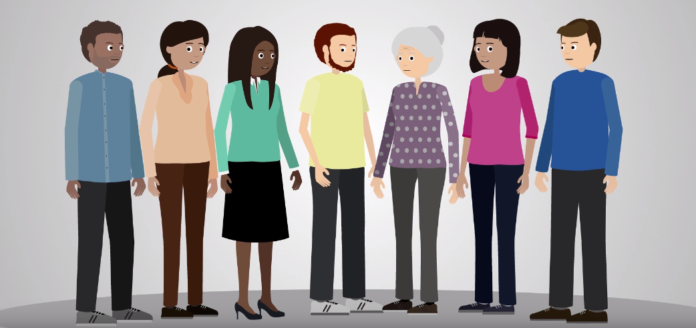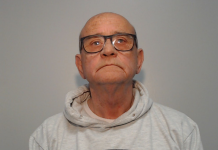New animations have been created to provide important information for parents, teachers and healthcare professionals on their vital first response if a young person confides in them that they hear voices.
New research, part of The Young Voices study, has highlighted the importance of the response from adults when children first say they hear voices – it can even influence whether children perceive the voices as good or bad.
Hearing voices is a lot more common in young people than many expect. It’s estimated that one in 12 persistently hear voices that others don’t and that 75% will have a one-off experience of seeing, hearing or experiencing something others haven’t during childhood.
Researchers estimate it is nearly as likely in young people as having asthma or dyslexia, yet it is not widely known that this can be a harmless part of a child’s development.
The Young Voices study, led by clinical psychologists at Manchester Metropolitan University and the University of Manchester, explores the experiences of young people aged 10 to 18 who hear voices as well as their parents or carers.
Led by Dr Sarah Parry, Associate Clinical Fellow and Clinical Psychologist at Manchester Metropolitan, the study found many young people who have shared their experience with an adult were first met with confusion, disbelief or fear.
These negative reactions can affect how young people feel about themselves, the voices they hear, and sometimes influence whether the voices are positive or negative and harmful.
A series of three-minute animated films has been created by researchers to help parents, teachers and healthcare practitioners respond if a child tells them that they hear voices.
The videos are a collaboration between Manchester Metropolitan University, Manchester University and Voice Collective, a UK charity that supports children and young people who hear voices, see visions or have other ‘unusual’ sensory experiences or beliefs







